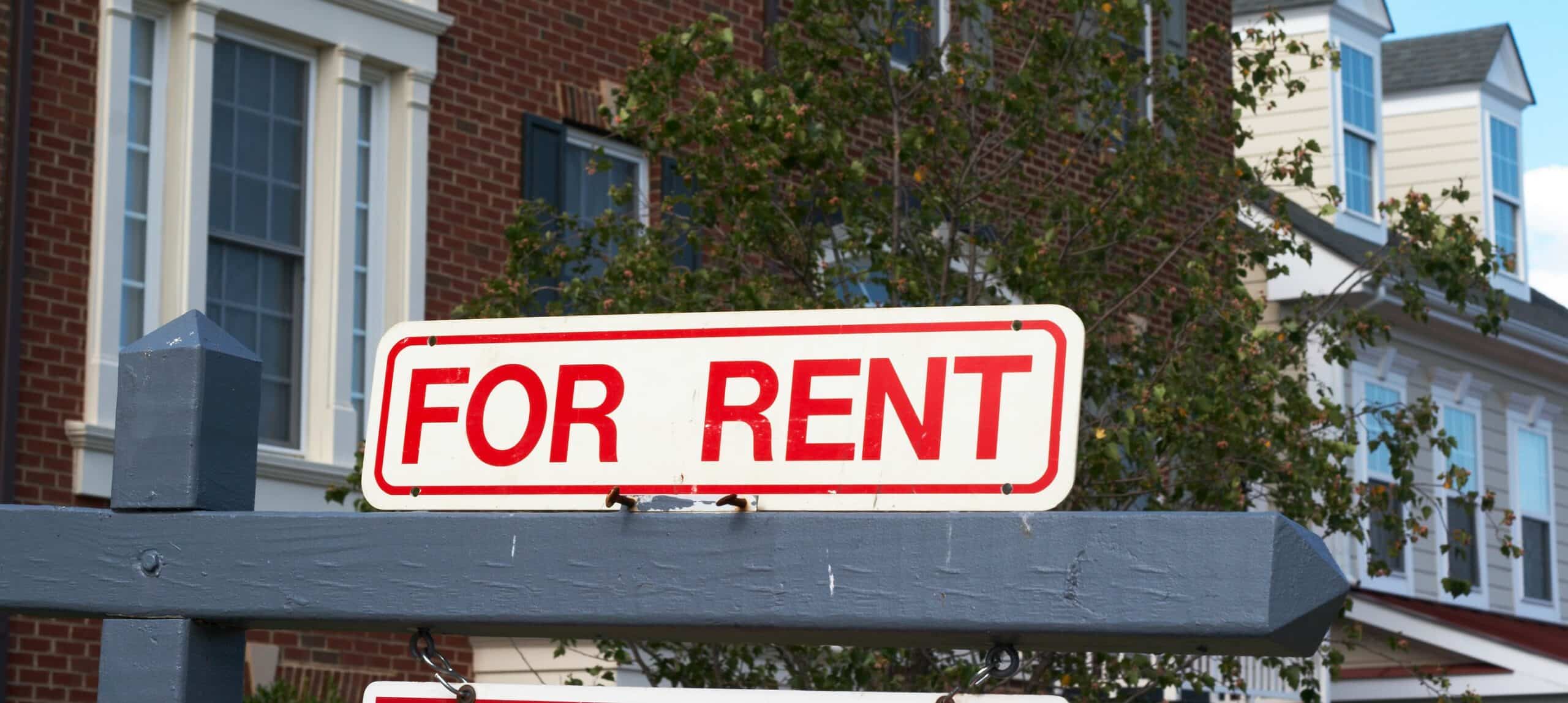What Are the Legal Complexities of Commercial Leases for Tampa Bay Retailers?
Commercial leases are a critical component of any retail business. They dictate the terms and conditions under which a retailer can use a property for business purposes. In Tampa Bay, Florida, navigating these leases demands a comprehensive grasp of complex laws and regulations.
Negotiation Process
One of the most significant legal complexities of commercial leases in Tampa Bay involves the negotiation process. Unlike residential leases, commercial leases are not subject to standard terms and conditions. Instead, they are quite flexible and can be customized to suit the particular requirements of both the landlord and tenant. This means that every clause, from the rent amount to the lease duration, can be negotiated.
Interpretation of Lease Terms
Another significant legal complexity involves the interpretation of lease terms. Commercial leases frequently contain legal terminology that can be challenging to comprehend without a legal background. For example, a lease may include a clause that requires the tenant to pay for “triple net” expenses. This term refers to the three types of costs that a tenant may be responsible for, including property taxes, building insurance, and maintenance costs. If you’re not familiar with this term, you may unknowingly agree to pay for expenses that you didn’t anticipate.
What Are the Specifics of Florida Law Regarding Commercial Leases?
Florida law adds another layer of complexity to commercial leases. For instance, Florida Statute 83.49 requires landlords to handle security deposits in a specific way. If a landlord does not adhere to these requirements, they could face penalties.
Americans with Disabilities Act (ADA)
Another important aspect of Florida law involves the Americans with Disabilities Act (ADA). This federal law requires businesses to make their facilities accessible to people with disabilities. If your leased property isn’t ADA compliant, you may be responsible for making the necessary modifications, which can be costly.
Lease Termination
Florida law also has specific requirements for lease termination. For instance, if a tenant fails to pay rent, Florida Statute 83.20 allows the landlord to terminate the lease. The landlord is required to give the tenant a three-day notice to either pay the rent or leave the property. Should the tenant not adhere to this notice, the landlord has the right to initiate an eviction lawsuit.
What Are the Common Pitfalls in Commercial Lease Agreements?
Commercial lease agreements are fraught with potential pitfalls that can lead to costly mistakes if not properly addressed.
Allocation of Repair and Maintenance Responsibilities
One common pitfall involves the allocation of repair and maintenance responsibilities. In many commercial leases, the tenant is responsible for maintaining the property. However, the lease may not clearly define what constitutes “maintenance.” This ambiguity can lead to disputes over who is responsible for certain repairs.
Rent Increases
Another common pitfall involves rent increases. Many commercial leases include provisions for rent increases, often tied to the Consumer Price Index (CPI). However, these provisions can be complex and difficult to understand. If you’re not careful, you may agree to a lease that allows for significant rent increases that could strain your business’s finances.
Subleasing and Assignment Rights
A third pitfall involves subleasing and assignment rights. As a tenant, you may want the flexibility to sublease your space or assign your lease to another party. However, many commercial leases restrict these rights. If you don’t negotiate these terms, you may find yourself stuck in a lease that doesn’t meet your business’s evolving needs.
What Are the Consequences of Breaching a Commercial Lease?
Breaching a commercial lease can have serious consequences. If you fail to comply with the terms of your lease, your landlord may have the right to terminate your lease and evict you from the property. This could disrupt your business operations and result in significant financial losses.
Liability for Damages
In addition, if you breach your lease, you may be liable for damages. For instance, if you terminate your lease early without a valid reason, your landlord may be able to sue you for the remaining rent due under the lease.
Impact on Business Reputation
In some cases, a breach of lease can also affect your business’s reputation. For instance, if you fail to maintain the property as required by your lease, it could reflect poorly on your business and deter potential customers.
How Can an Experienced Attorney Help with Commercial Leases?
Given the legal complexities of commercial leases, it’s crucial to have an experienced attorney on your side. An attorney can help you navigate the negotiation process, ensuring that your interests are protected. They can also help you understand the terms of your lease, preventing you from agreeing to unfavorable conditions.
Compliance with Florida Law
In addition, an attorney can help you comply with Florida law. They can ensure that your lease agreement is in line with state regulations, preventing legal issues down the line. If a dispute arises, an attorney can represent you in court, advocating for your rights as a tenant.
Peace of Mind
Finally, an attorney can provide you with peace of mind. Knowing that you have a legal professional on your side can alleviate the stress of dealing with commercial leases, allowing you to focus on running your business.
If you’re a Tampa Bay retailer dealing with the legal complexities of commercial leases, call Venerable Law today at 813-680-4530 for a free consultation.



